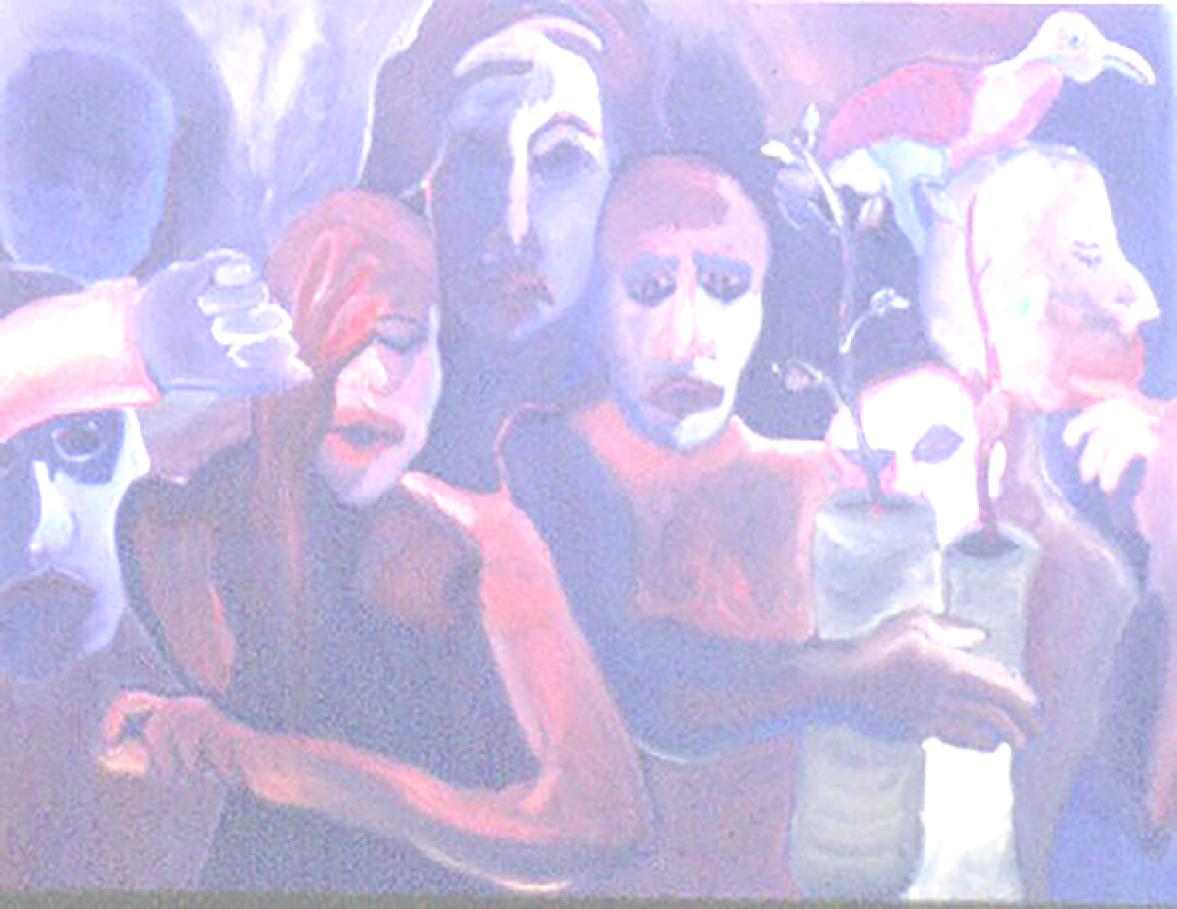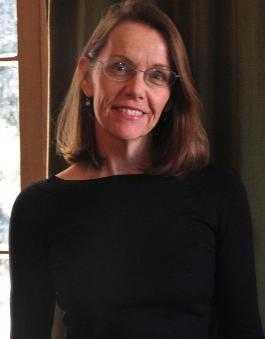I-70 Review
Writing and Art from the Middle and Beyond


Deborah Bogen
Deborah Bogen's most recent book, Let Me Open You a Swan, won the 2010 Elixir Press Antivenom Award. Her first book Landscape With Silos, was a 2004 National Poetry Series finalist and won the 2005 X. J. Kennedy Poetry Prize, judged by Betty Adcock. In 2002 Edward Hirsch selected her chapbook, Living by the Children's Cemetery, as the ByLine Press Competition winner.
Bogen's poems and reviews appear widely in journals like Crazyhorse, Shenandoah, Ploughshares, and New Letters. She has been featured on Poetry Daily and Verse Daily and her work was selected by Poetry Daily for inclusion in their hardcopy anthology. Her poetry has been nominated for a Pushcart Prize and she's won the Peregrine Prize, the Los Angeles Poetry in the Windows Prize and a Best of the Net for individual poems.
As an undergraduate Bogen studied philosophy at Pitzer College, but was lucky enough to spend one semester at Oberlin College where she was exposed to the teaching and the poetry of Stuart Friebert and David Young. Her first poem was published in Oberlin's student magazine, The Plum Creek Review, the same month the Kent State shootings closed campuses and sent students to Washington D.C. to march. After that march she dropped out of college, but continued to subscribe to Field, a reading experience that educated her and kept her going during many years of raising children, making a living as a paralegal and working on social issues like educating suburbia about the effects of Nuclear Power Plants. She did not write poetry again until she was kindly advised by Stuart Friebert to “read with a pencil in (her) hand.”
At forty-seven Bogen began to write poetry seriously. She learned incredible amounts in a long-term community writing group led by the poet Doug Anderson. She continued Anderson's tradition, leading groups of her own for fifteen years. These days she lives in Pittsburgh PA with her husband, the philosopher of science, Jim Bogen.
Crows
He said John, immediately
the crows appeared.
Not sad, I said, I'm not.
He said, in case of emergency
call. A leaf fell.
We danced until two
He said he lived over
a truck stop, said,
these particular crows
are trouble's handprint.
I remembered Robert,
before him Michael,
room 208,
wallets on dressers,
in case of emergency
please notify,
the phone rang, black
like crows, sky seeped in,
singed, vagrant.
I don't sing, I said.
I do everything but that.
He said, keep this
in a safe place, said, in case
of emergency.
The fistful of crows flickered,
black, eating holes
in the windows,
a kind of notification,
a kind of emergency,
a kind of slipping away.
And the wallet lay open
on the window,
the glass emptied itself,
a stain in the back
of my throat,
the taste of wet wood.
The windows cracked,
crows flew through
making holes not in the sky,
but in the world.
I said John, I said,
please notify,
there's an emergency.
The crows wheeled
above us, a circular saw.
The Migraine's Art
Blackwork --
this wanting to unravel, to travel lonely at the edge of the road
yoked to an undiscovered purpose, wintry
and so far gone
this is me, the mist, this ashy unraveling chained
to the axe in my crown
harried by heaven's hurt
and craving a beggar's bed
for the fox is out and bells are tolling fire,
or priests,
their knuckles a nick in my skull.
Migraine Without Aura
Nota Bene: No stars this time, just
Buddha's knife parting my hair beneath a sky airbrushed
and impotent as my spackled skull and my
stuttering attempts at ignition.
Gone to the void, I'm bared to God's fistic gaze,
a bitch straining her chain as the surgical needle bores through
-- but this time, no lights,
the windows of heaven are painted shut.
Alone I barter, a stake driven down to a vaulted
stillness, to me other,
my stone-
life.
Autopsy: To See For Yourself
In the vault the Master lays the body on the table.
Tenderly he lifts the knife exposing the parts, touching the
body to put a lesson on it, noting the way the clavicle's fixed
with a glue that hardens
like the gum that holds butterfly eggs to a branch.
In the cloister, students gather bringing bread and wine.
They have come seeking a lesson. Amid the sweat and
sweetness they work to decipher
the body, to see what is glued together, what floats in its
oily waters. And you are also here, witness
to these rituals, the aligning of descendant with
descendant, cause with cause. Sometimes there's
a flickering in the light that falls on the scene.
Sometimes the whole flock lifts.